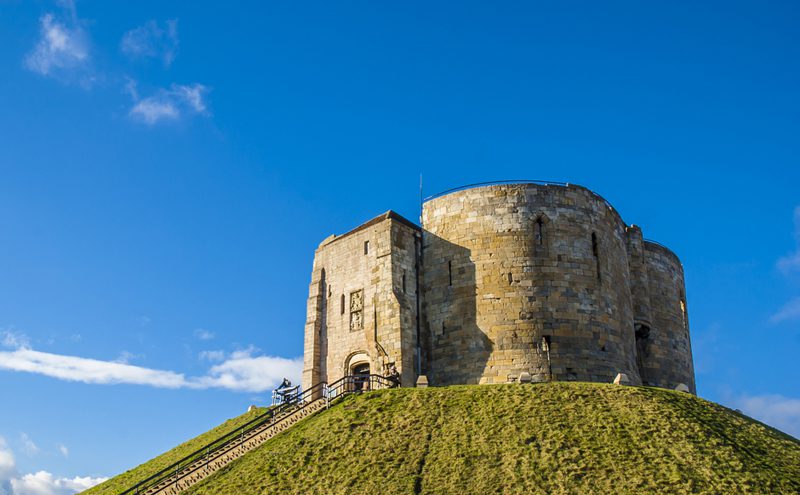
A new partnership was announced on 19 April to create new and necessary free guidance on impact assessment for cultural heritage, which the group says is currently missing from the heritage profession’s library of resources.
Sustainability body IEMA, the Chartered Institute for Archaeologists (CIfA) and the Institute of Historic Building Conservation (IHBC) have teamed up to author the new guidelines. A representative of the three bodies says there is a “pressing need” for heritage and impact assessment professionals to have access to examples of clear, current and authoritative good practice.
“Right now practice in cultural heritage impact assessment is of variable quality, reflecting the absence of widely adopted guidelines,” said Josh Fothergill, Policy Lead at IEMA and project panel member. “This collaboration seeks to address the problem by uniting practitioners from across the impact assessment, conservation and heritage professions and ensure they have free digital access to this much-needed guidance.”
The primary purpose of the guidelines is to demonstrate how the broad principles of impact assessment apply to, and can support, cultural heritage projects. Upon publication next year, the guidelines will be used by heritage professionals undertaking assessments, practitioners responsible for commissioning assessments and anyone working in a related discipline who needs to understand the context and nature of cultural heritage assessment in the UK.
The project panel has set a series of objectives for the development and eventual deployment of the guidance, which are to significantly enhance assessment and achieve new good practice including:
– all developments must be assessed by a suitably qualified heritage professional or team of professionals;
– there must be an appropriate level of engagement in all stages of the planning and design process;
– assessments must be proportionate to the nature of the development and the heritage resource affected; and
– findings are always presented in a form that uses well-defined terminology.
Rob Sutton, project panel member and Head of Heritage Consultancy at Cotswold Archaeology, says the ultimate success of the guidelines is “dependent on effective consultation across the sector”. He said at the launch of the project at the CIfA annual conference in Newcastle: “We need to build support for this project from today to ensure the best possible outcome for everyone. We’ll be working with practitioners and stakeholders across the spectrum and I encourage IEMA, CIfA and IHBC members to get involved as soon as our consultation begins”.
The advisory panel also stated on 19 April that the next steps for the project are to secure sponsors, scope the consultation and update professionals on the project’s engagement opportunities and development during the coming months.







